
The specific autoimmune disease(s) that will be evaluated in the trial is as of yet undetermined, but the company hopes to initiate the trial in Q4 of 2024.

The specific autoimmune disease(s) that will be evaluated in the trial is as of yet undetermined, but the company hopes to initiate the trial in Q4 of 2024.
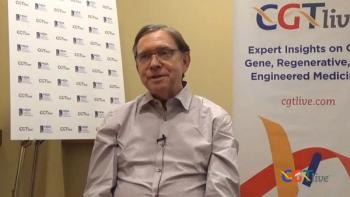
The McCaw Endowed Chair of Muscular Dystrophy at University of Washington discussed highlights from the meeting.

In light of the IND clearance, Tr1X anticipates initiating a phase 1 clinical trial within the second quarter of this year.
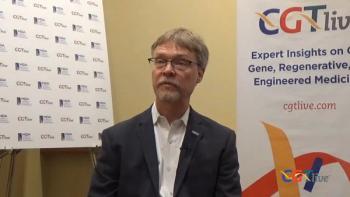
The director of the Manton Center for Orphan Disease Research at Boston Children’s Hospital discussed takeaways from an MDA session on rare diseases.
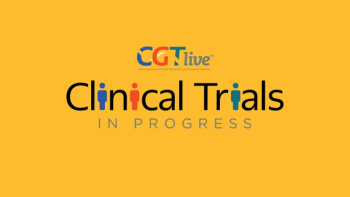
The more recent data were presented at the 2022 ASGCT Meeting.

Tiffany Chen, PhD, the vice president of discovery at GentiBio, discussed the general and unique challenges of transitioning cell therapies to clinical trials in autoimmune disease.

The attending physician and assistant member of bone marrow transplantation and cellular therapy at St Jude Children’s Research Hospital discussed recently approved and still-upcoming gene therapy options for SCD.
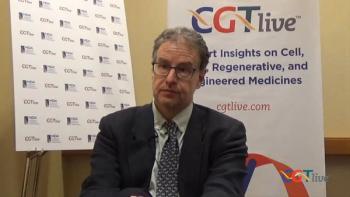
The deputy director, Division of Rare Diseases Research Innovation, NCATS, NIH, discussed the NIH’s genome editing program and more.

Amar Kelkar, MD, a stem cell transplantation physician at the Dana-Farber Cancer Institute, discussed his research on the value of advanced therapeutics.

The company plans to initiate a pivotal trial of 4D-710 in the second half of 2025.
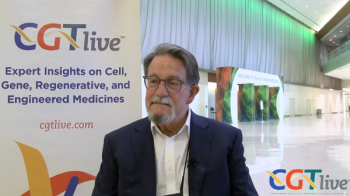
The director of the Center for Gene and Cellular Immunotherapy at Washington University School of Medicine discussed novel innovations that lie on the horizon.

One participant experienced a possibly related serious AE of pigmentary changes in the macula with severe vision reduction.

Review top news and interview highlights from the week ending April 12, 2024.
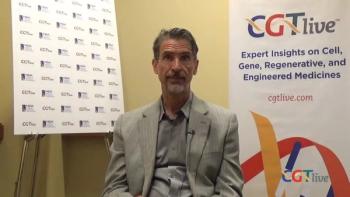
The Lichtenstein professor of neurology at University of Miami Miller School of Medicine discussed research his lab is pursuing and its applications.

Shalini Shenoy, MD, MBBS, discussed when the choice should be made to transition from symptom management to curative therapies.

The data comes from 2 phase 1/2a clinical trials and their respective open-label extension studies.

The best response was very good partial response in 3 of 5 participants.
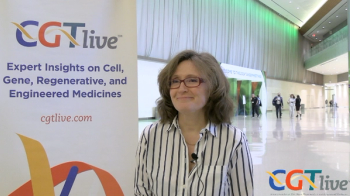
The associate professor in the Translational Science and Therapeutics Division at Fred Hutch Cancer Center discussed her lab’s research on making TCR T-cell therapies more effective.
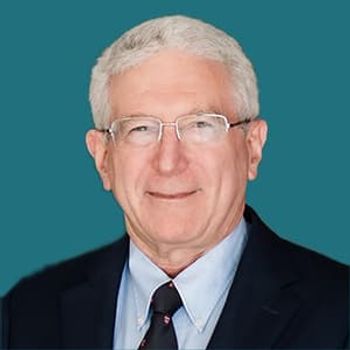
Paul Harmatz, MD, professor, UCSF, discussed benefits in neurocognitive outcomes and ERT therapy usage after RGX-121 gene therapy for Hunter syndrome.

Adipose-derived MSCs did significantly increase salivary flow rate from baseline in patients with previous head and neck cancer.

Catch up on the latest news, breakthroughs, and announcements from biotechnology companies making advancements in cell and gene therapies.
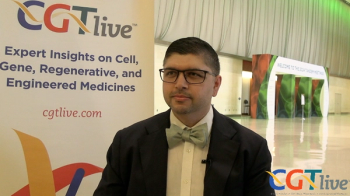
The stem cell transplantation physician at the Dana-Farber Cancer Institute discussed how to look at the value therapies provide and how to improve the cost-effectiveness of their use.
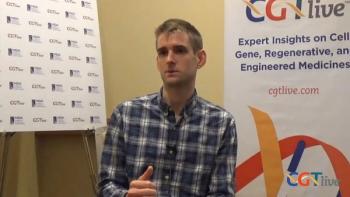
The postdoctoral scholar at University of California – Irvine discussed further questions he is continuing to investigate.

The 2-part, multicenter BCT-006-US trial will seek to enroll patients who are in the earlier stages of ALS.
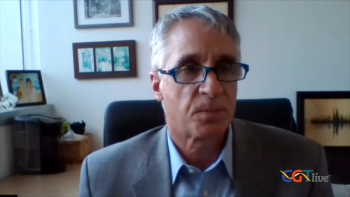
The director of Cell Therapy and Transplant at Penn Medicine discussed his outlook on CAR T-cell therapy research and the future.

AURN001 consists of allogeneic human corneal endothelial cells referred to as “neltependocel” and Y-27632, a small molecule drug.

Atul Malhotra, MD, PhD, the head of the early neurodevelopment clinic at Monash Children's Hospital, discussed his lab’s research in the field of neonatal cell therapy.

Caribou stated that it anticipates initiating its planned phase 1 GALLOP clinical trial for CB-010 in patients with LN and ERL by the end of 2024.
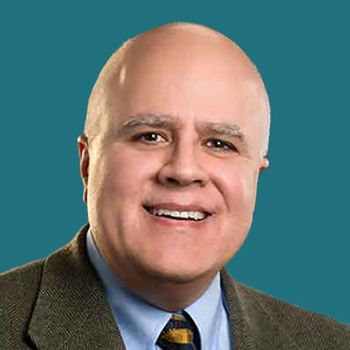
Haydar Frangoul, MD, discussed advantages and disadvantages of haploidentical bone marrow transplant and the 2 new gene therapies for SCD.

Eque-cel was previously evaluated in antibody-mediated idiopathic inflammatory disorders of the nervous system in an investigator-initiated trial.